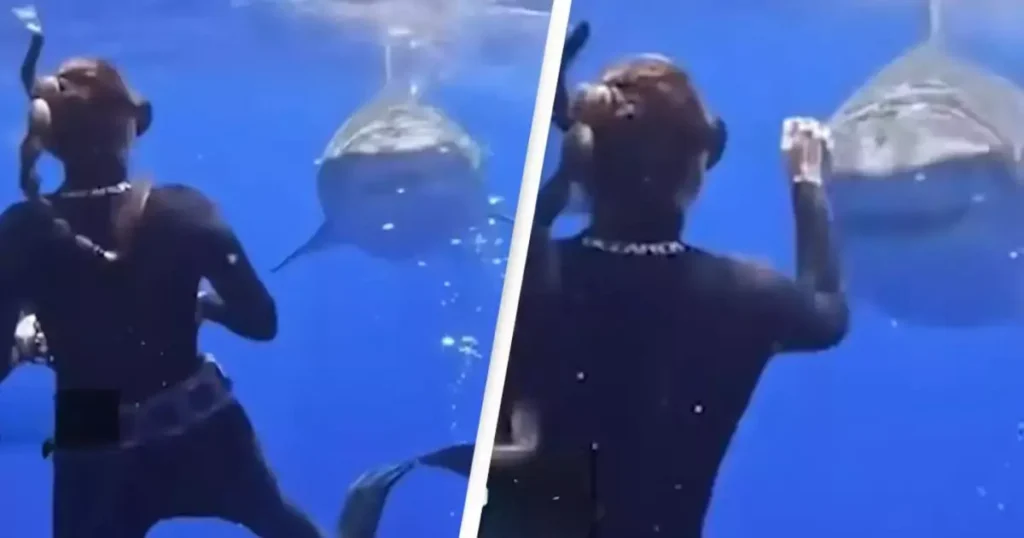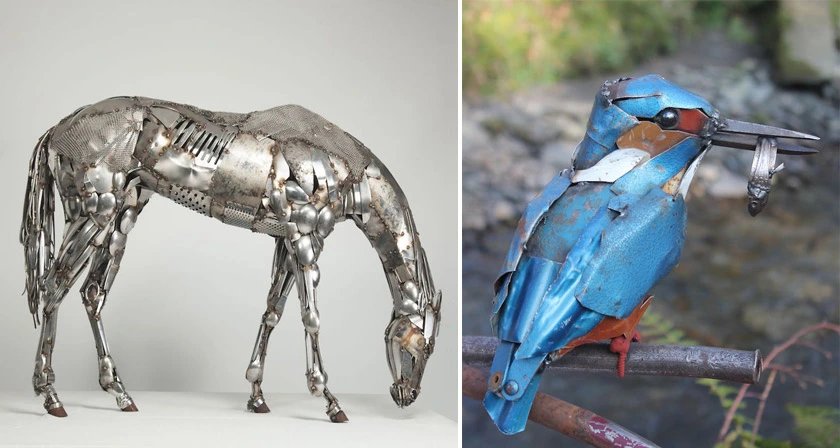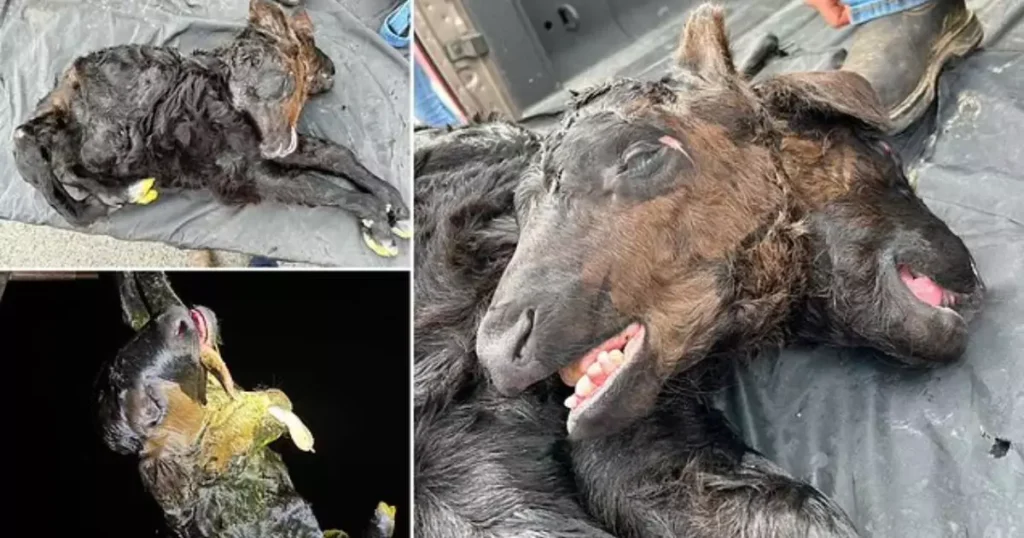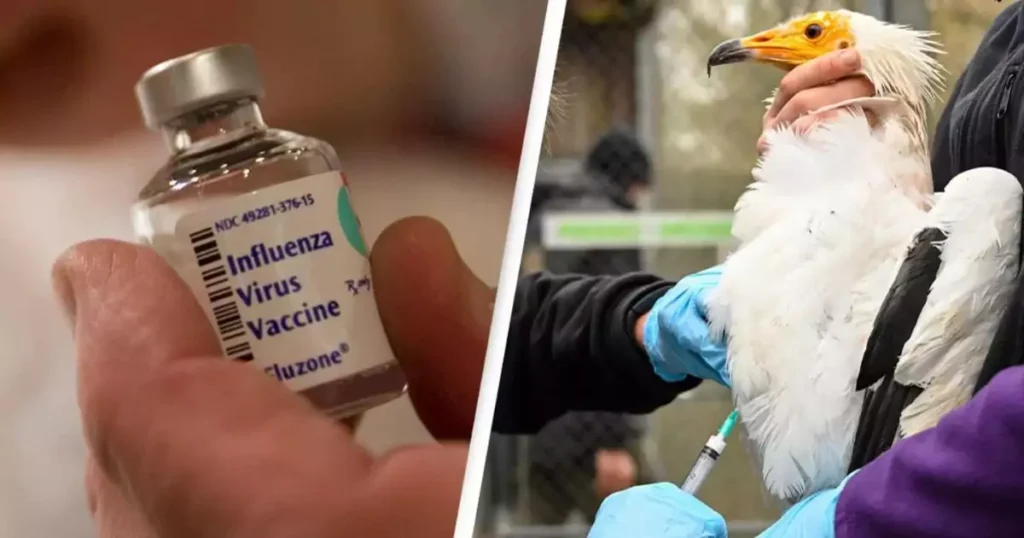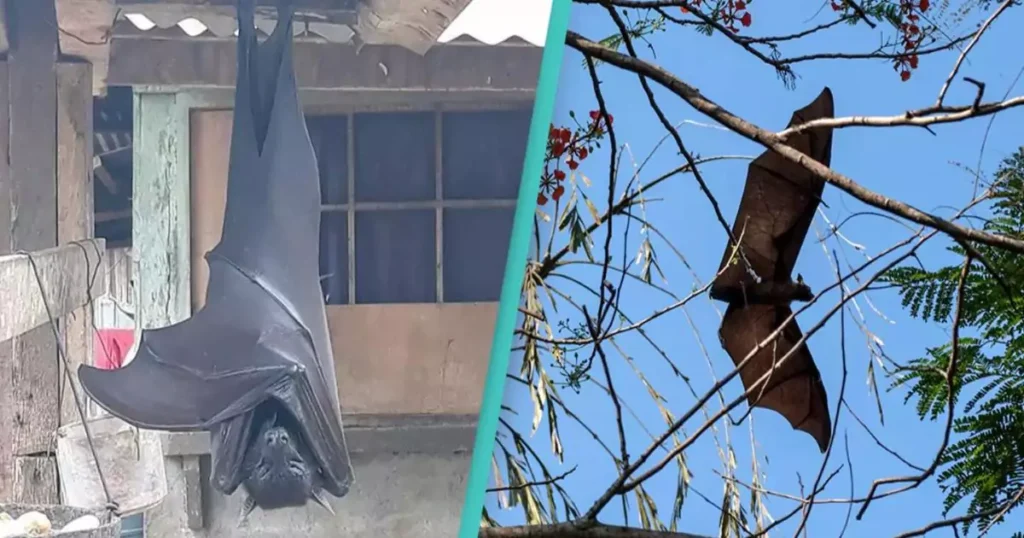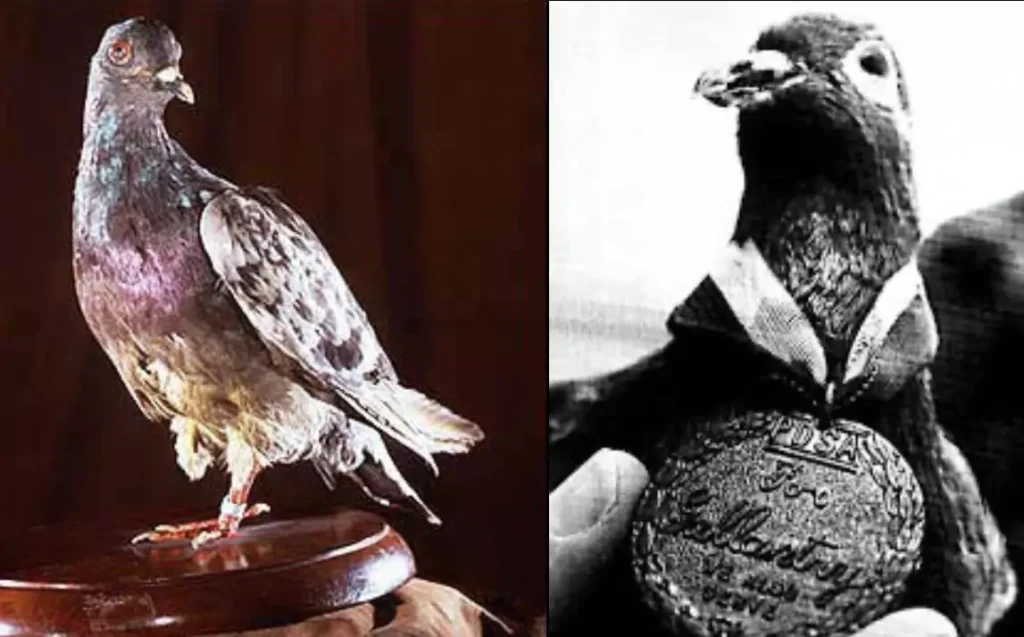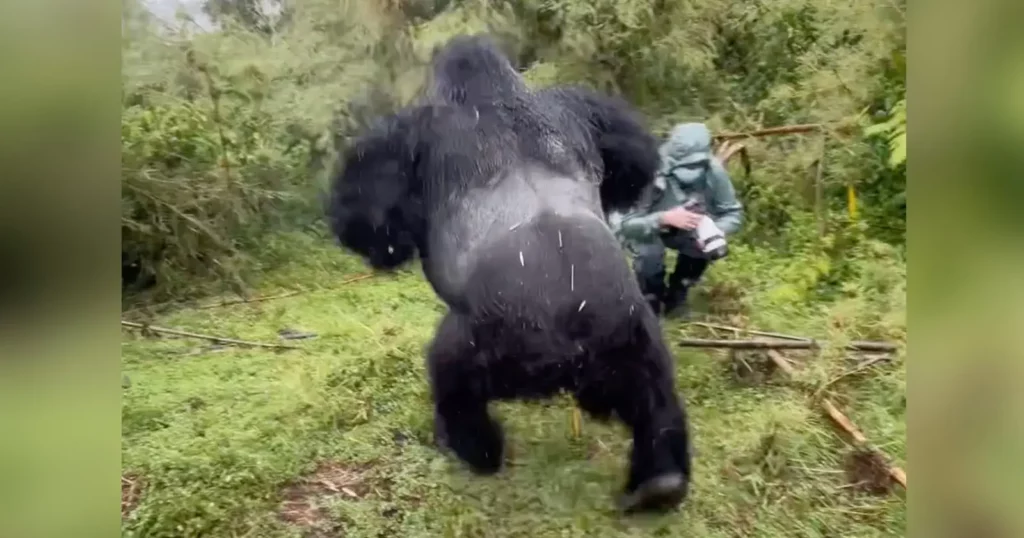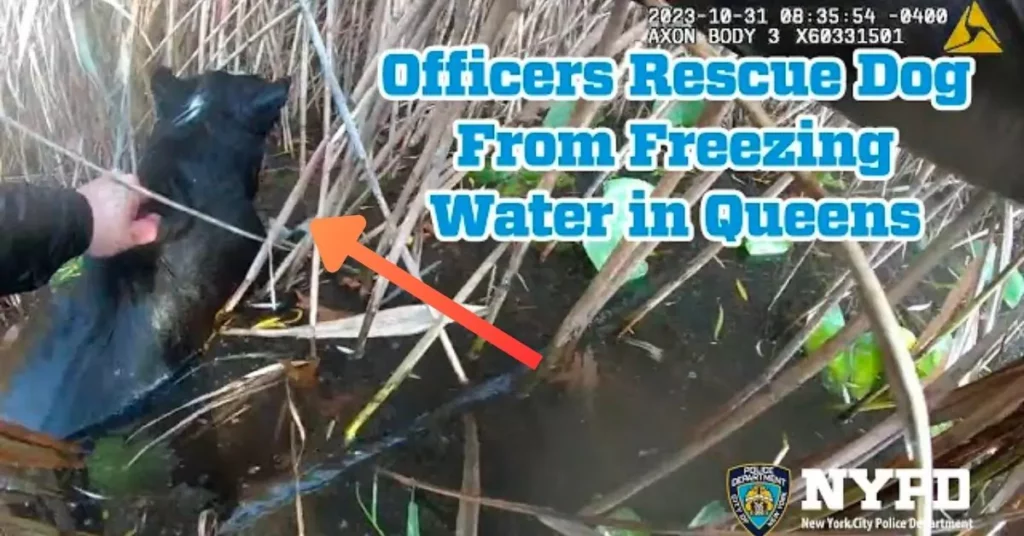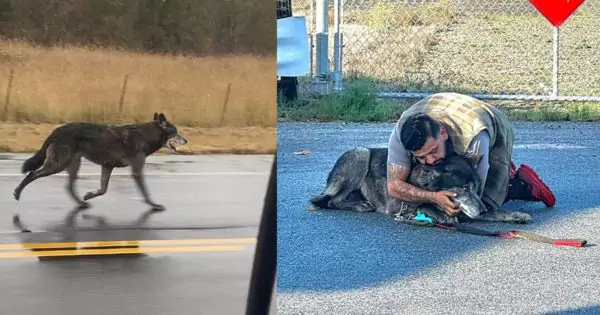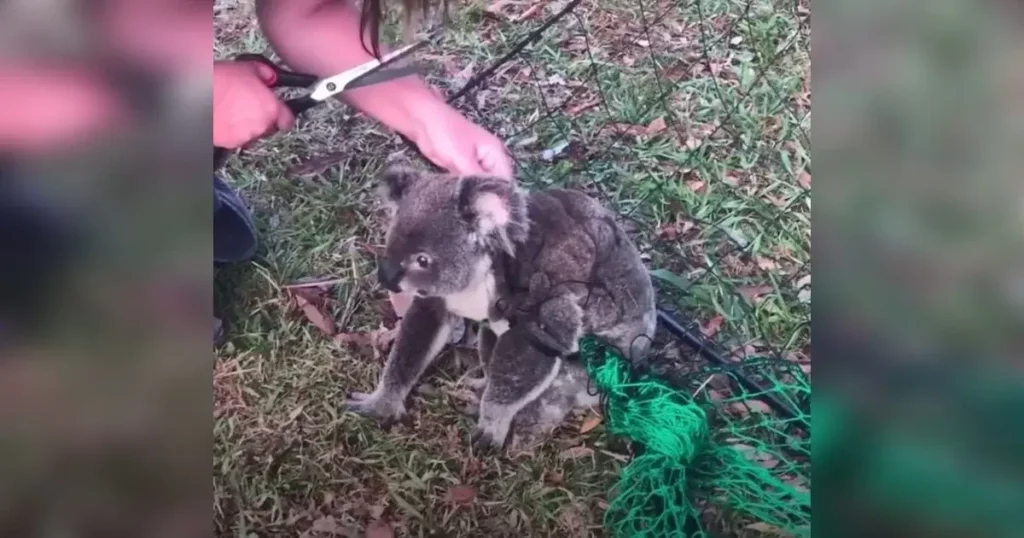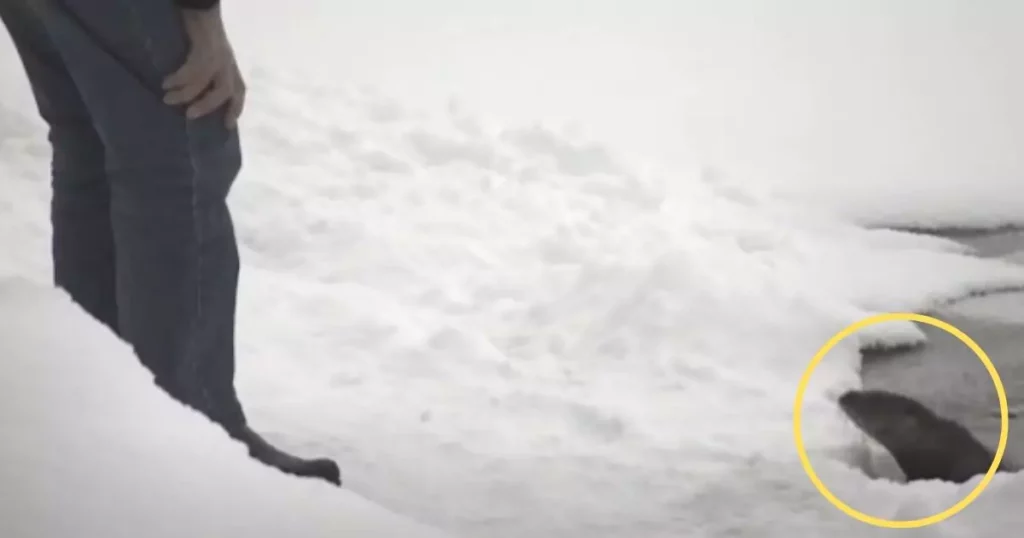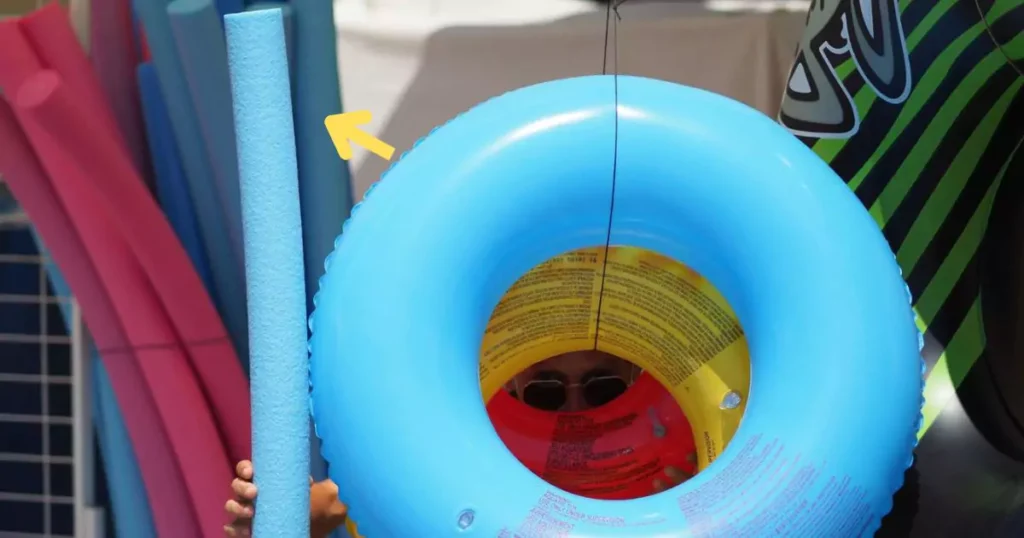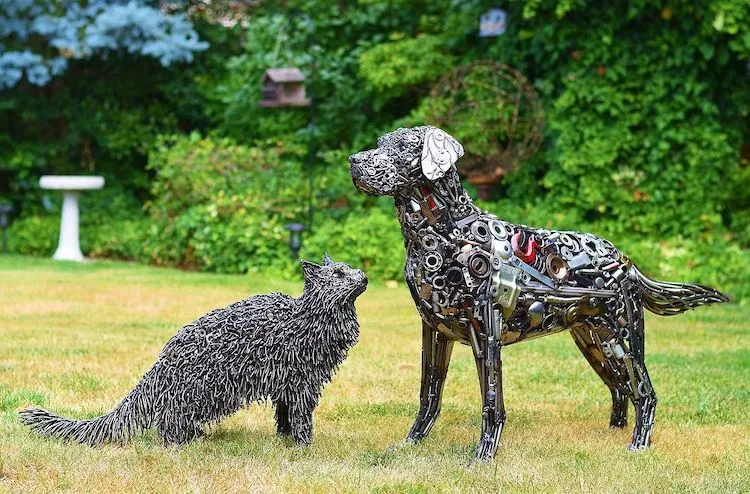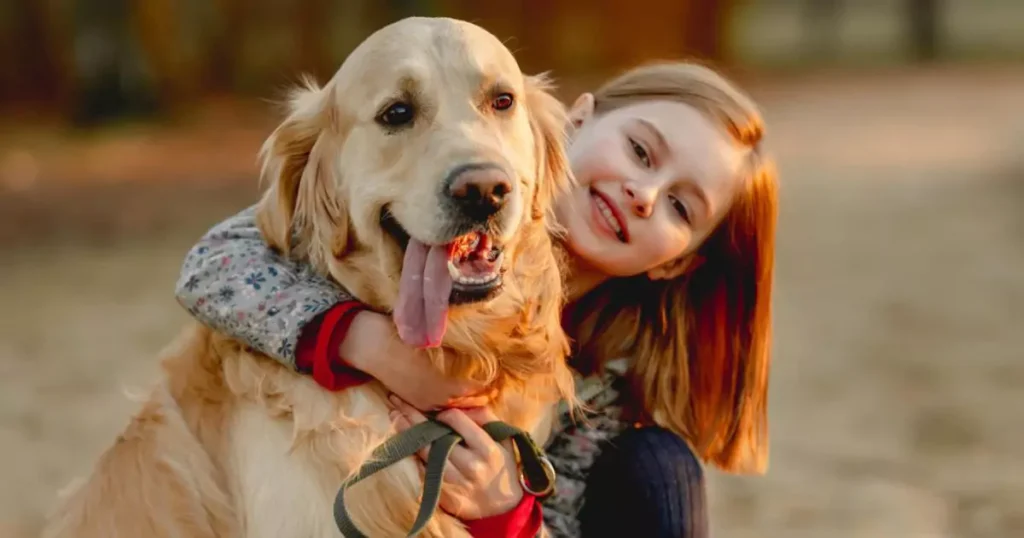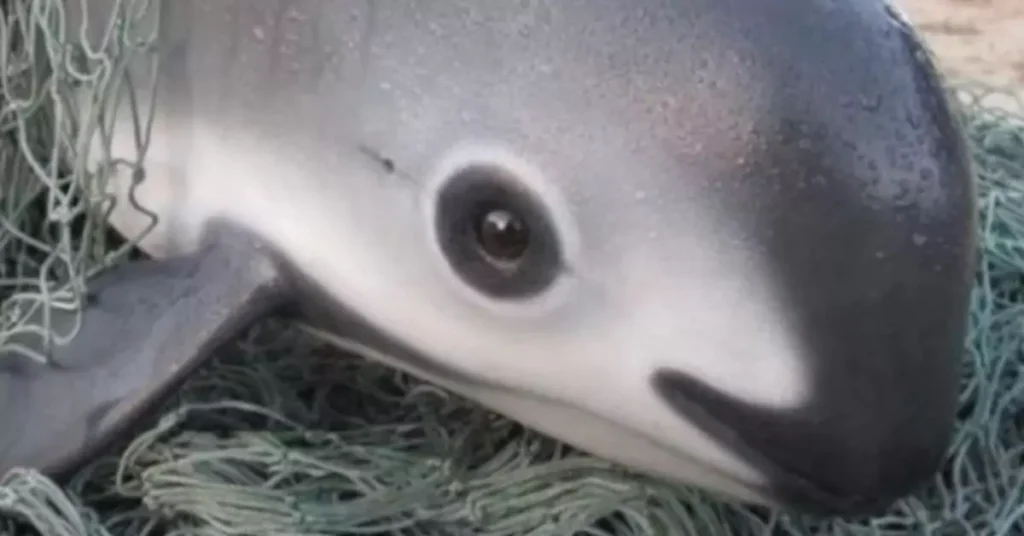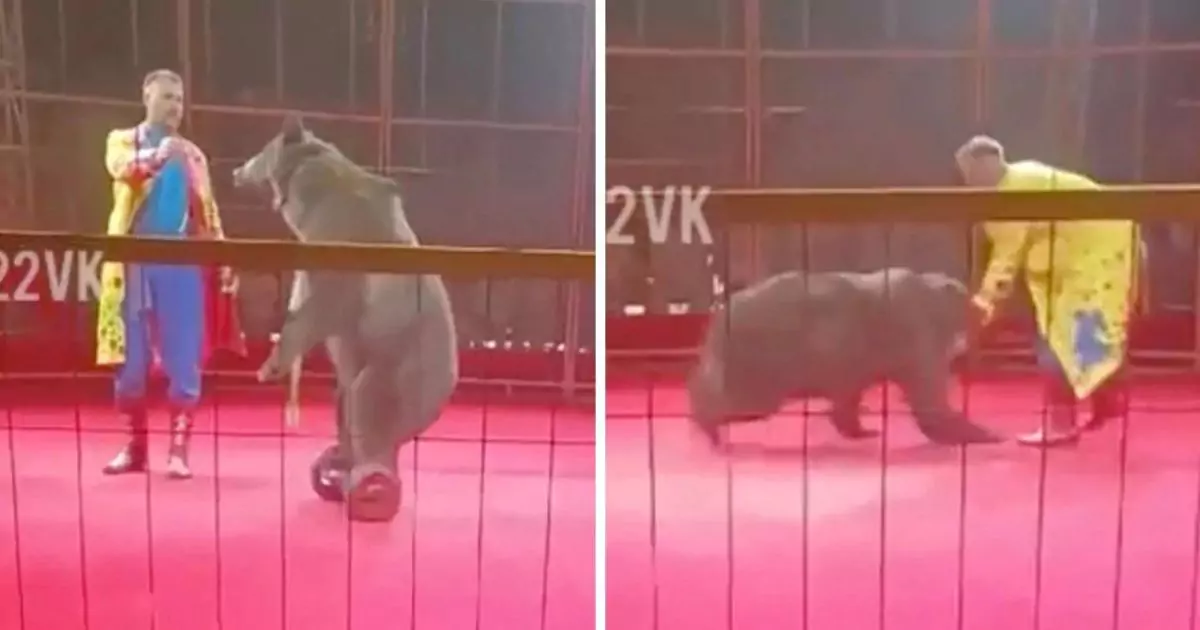
A recent incident in a Russian circus has sparked renewed concern about using wild animals for live performances. During a routine act in the Altay Kray region, a 490-pound bear named Donut attacked her handler, Sergei Prichinich, in front of a live audience. Although the incident didn’t result in any severe injuries, it has once again highlighted the risks and cruelty associated with forcing animals into entertainment.
What Happened?
Donut, the bear, was performing an unnatural trick—riding a hoverboard—when she suddenly lunged at her handler, Sergei Prichinich. She knocked him to the ground and pinned him down. The audience, watching in shock, saw Donut bite into the stick her handler was holding. The terrifying situation unfolded quickly and was caught on video.

Another trainer acted swiftly, trying to distract Donut by poking her with a stick. Thankfully, after several tense moments, Donut calmed down and released Prichinich, who then stood up. However, instead of stopping the show, the circus continued, which left many onlookers stunned.
Nikita Mikhailov, the head of the Moretti Circus, tried to downplay the attack. He claimed that animals occasionally express emotions unpredictably. However, this explanation underscores a critical issue: wild animals are not meant for such stressful situations in the first place. Their behavior becomes unpredictable under pressure, leading to dangerous encounters like this one.
The Cruel Reality of Animal Circuses
Wild animals, like Donut, live in extremely stressful environments in circuses. These animals are taken from their natural habitats and forced into cages, unable to roam or behave naturally. Furthermore, they are trained using harsh methods to perform tricks that are not natural to them.
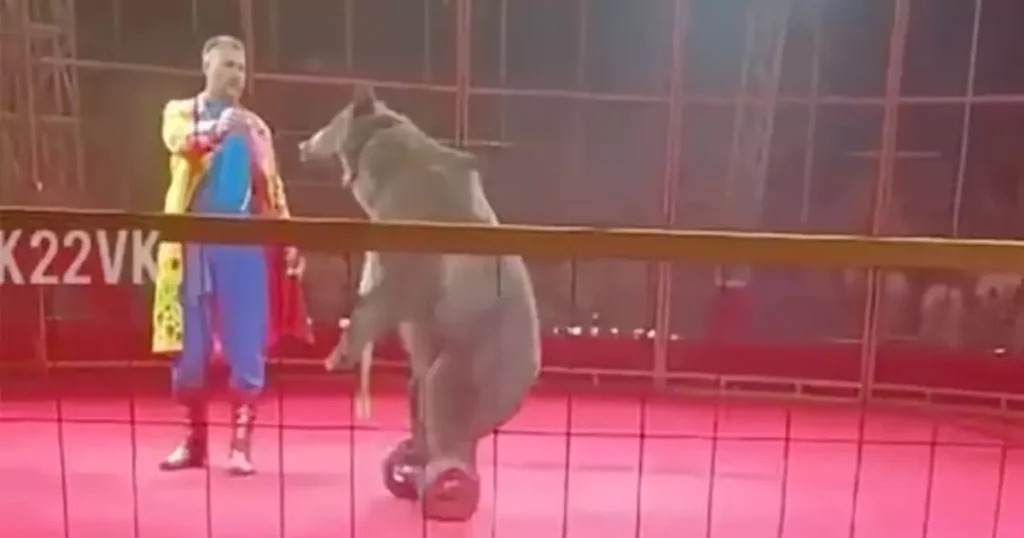
In Donut’s case, riding a hoverboard is not only unnatural but cruel. Bears in the wild are intelligent and social creatures that require large territories to explore and express natural behaviors. Instead, they are confined to small spaces, separated from other bears, and subjected to the stress of performing under bright lights and loud noises.
As a result of these living conditions, animals often develop behavioral problems. They may become aggressive or unpredictable, as Donut did during the attack. Forcing wild animals to perform puts both the animals and the people around them at risk.
The Dangers of Using Wild Animals for Entertainment
Wild animals, regardless of how long they’ve been trained, are always unpredictable. The incident with Donut demonstrates that no amount of training can guarantee safety when dealing with such powerful creatures. Had Donut’s attack been more aggressive, the situation could have turned deadly.
Bears, lions, tigers, and other large animals possess immense strength. When they are stressed, they become even more dangerous. In circuses, they are often forced into unnatural performances, which increases the likelihood of accidents. Donut’s attack was just one example of the many incidents where circus animals have injured or even killed their trainers.
Additionally, these animals are trained using fear-based methods. Trainers often rely on punishment to control the animals. As a result, these animals may develop anxiety and aggression, making them even more unpredictable. Circuses are putting the lives of both the animals and the trainers in danger by keeping these wild creatures in stressful conditions.
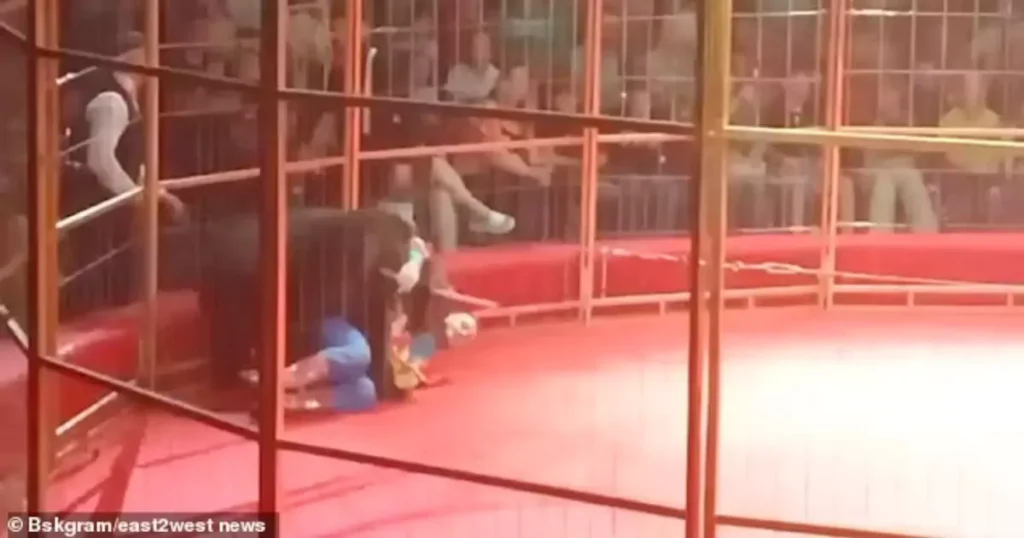
A Global Movement to Ban Animal Circuses
Countries around the world are starting to recognize the cruelty and dangers involved in using animals for entertainment. Many have already taken steps to ban or restrict the use of wild animals in circuses. For example, nations like the UK, Mexico, and Italy have introduced full or partial bans on wild animals in circuses. These countries understand that forcing animals to perform is both unethical and dangerous.
Circuses in these countries have transitioned to animal-free performances. These shows focus on human acrobats, clowns, and other performers, offering exciting entertainment without exploiting animals. Cirque du Soleil, one of the world’s most famous circuses, provides breathtaking shows that feature incredible human performances, proving that animal-free entertainment can be successful and captivating.
Despite this growing trend, Russia continues to allow the use of animals in circuses. The Russian circus industry has resisted change, even as public opinion shifts against animal cruelty. Animal rights activist Yuri Koretskikh has led efforts to ban animal circuses in Russia, stating that audiences no longer want to see animals suffer for entertainment. He added, “While the modern world is moving toward humane entertainment, Russia’s circus industry is resisting progress.”
Why We Must Ban Animal Circuses
There are several compelling reasons to end the use of wild animals in circuses:
- Animal Cruelty: Animals in circuses suffer physically and mentally. They are confined to small cages, separated from other animals, and forced to perform stressful tricks. This causes both physical and psychological harm to the animals.
- Public Safety Risks: Donut’s attack highlights the real danger of using wild animals in live performances. Wild animals are strong, unpredictable, and can easily harm trainers or audience members when under stress.
- Humane Alternatives: Modern circuses like Cirque du Soleil have demonstrated that exciting performances can be achieved without using animals. These shows focus on human talent and creativity, providing ethical entertainment.
- Psychological Harm to Animals: Animals in circuses are often isolated and deprived of their natural environment. This leads to significant psychological stress, which manifests in abnormal behaviors such as pacing or aggression.
- Ethical Responsibility: As our understanding of animal intelligence grows, it becomes clear that using animals for entertainment is unethical. These creatures are sentient beings with their own needs and rights. We have a moral duty to stop exploiting them.
What Needs to Be Done
Several actions must be taken to end the exploitation of wild animals in circuses:
- Stricter Regulations: Governments should introduce and enforce strict laws regarding the care, treatment, and use of animals in circuses. Regular inspections of living conditions and training methods should be mandatory.
- Public Awareness Campaigns: Educating the public about the cruelty involved in animal circuses is crucial. By raising awareness, people can make more informed decisions and choose to support humane forms of entertainment.
- Support for Animal-Free Circuses: Promoting animal-free circuses, which focus on human performances, will help shift the industry toward ethical alternatives. By supporting these circuses, we can encourage the phasing out of animal-based performances.
- Legislation to Ban Animal Circuses: Governments should follow the lead of countries that have already banned animal circuses. Passing laws that prohibit the use of wild animals in performances is essential to protecting both the animals and the public.
Time to End Animal Exploitation
The recent attack on Sergei Prichinich by Donut the bear highlights the risks and cruelty of using wild animals for entertainment. These animals should not be forced to perform unnatural tricks under stressful conditions. Circuses that continue to exploit wild animals not only endanger their trainers but also violate the rights of these animals.
It’s time for the world to move toward more humane forms of entertainment. Animal-free circuses offer exciting performances that celebrate human creativity and talent without causing harm to animals. By supporting these ethical alternatives and pushing for stronger regulations, we can create a future where animals like Donut are no longer forced to suffer for our amusement.
Let’s work together to end the use of wild animals in circuses and ensure that these animals are treated with the dignity and respect they deserve.



























